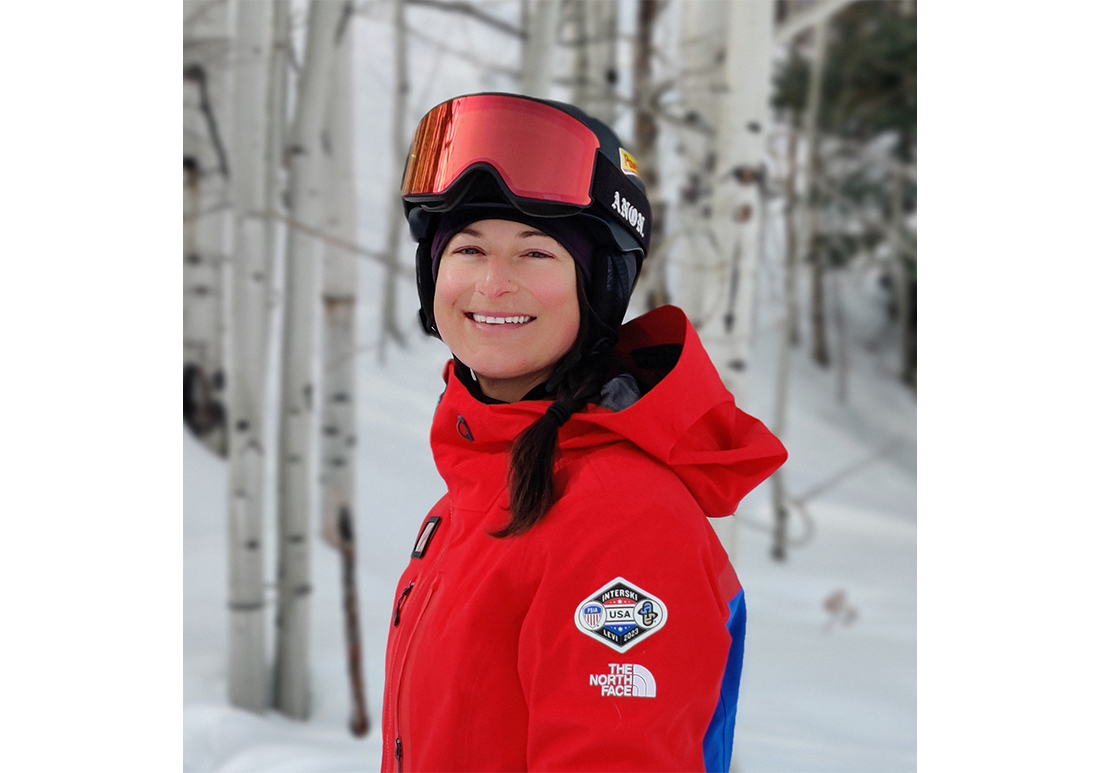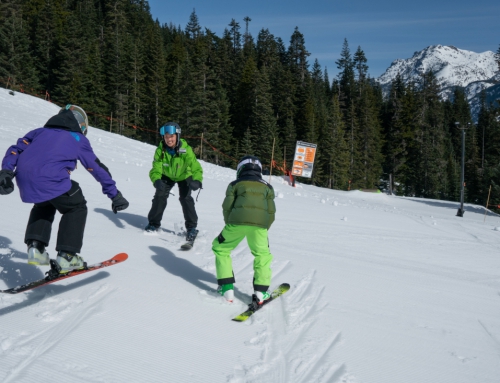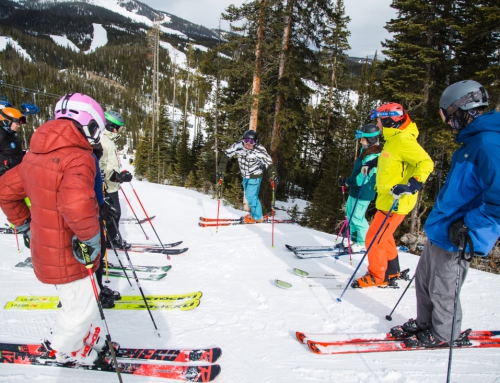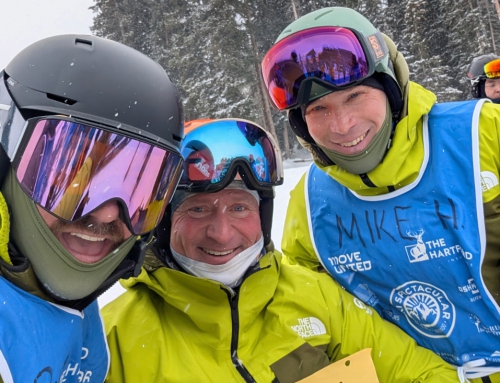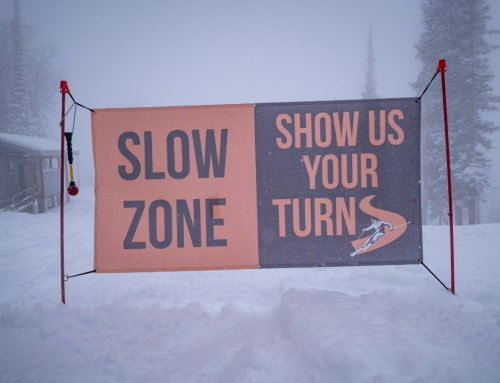Interski 2023: Christina Bruno Talks Netherlands and Sweden
Held every four years, Interski brings instructors together from around the world. The event offers a valuable educational opportunity for snowsports educators to share their innovations and core beliefs. It gives PSIA-AASI, through its national team, a chance to compare the American Teaching System with the educational approaches of other countries and bring home ideas that help PSIA-AASI members improve and evolve.
Here, PSIA-AASI Adaptive Team member Christina Bruno shares her takeaways from the individual presentations she attended from the Netherlands and Sweden.
Netherlands — Adaptive Twin
- This presentation covered how a beginner progression is used for the adaptive Twin Rider sit-down snowboard, which calls for little shifts in the center of mass to balance over the edges. Steering comes from manipulating the handlebars. You can create the same snowboarding fundamentals through the handles, with torsional flex, tilt, and independent pressure of the nose and tail.
- The design of the frame offers an extremely innovative way to balance over a traditional snowboard in a seated position. However, getting in and out of the Twin Rider may be tricky for students who have a high level of injury such as a T7 or above spinal cord injury.
- The Twin Rider serves a niche population of students with a disability; those who are determined to snowboard despite not having the ability to stand or walk with full mobility. Although, loading and unloading the Twin Rider requires a full stop — which may not be ideal.
An understanding of the snowboarding fundamentals and the beginner progression is essential for learning how to ride the Twin Rider. This presentation proved that it’s always fun to try new adaptive equipment and enjoy the process of feeling like a beginner again!
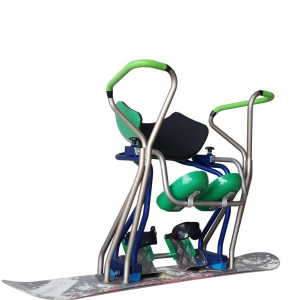
Sweden – Experiential Learning for an Exceptional Guest Experience
- Sweden’s presentation – which can apply to all disciplines of snowsports instruction – uses Kolb’s Experiential Learning Theory in each stage of their teaching cycle. They believe some of the best learning comes from guided reflection and debriefing of skills, progressions, and tasks – in both group and reciprocal learning environments. They emphasized the importance of having students reflect on their experiences without judgment.
- There is no right or wrong way for guests to describe their experience. The important part is reflecting and gleaning nuggets of information that can guide further learning. Movement is an important element of the experience; keeping students engaged through movement is critical for actually experiencing sensations; rather than just talking about them.
- It was unique how Sweden has incorporated Kolb’s Model into every level of learning, proving the high value they place on it within their organization.
A major takeaway is that a focus on reflective learning can develop more critically among instructors and enhance the teaching skills and learning environment for both students and instructors.

